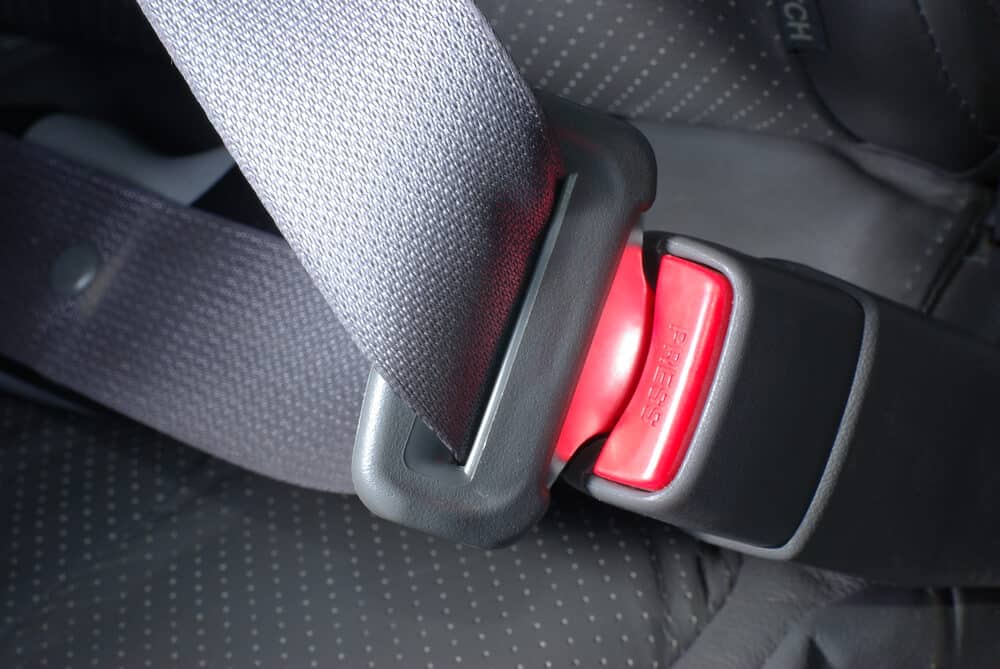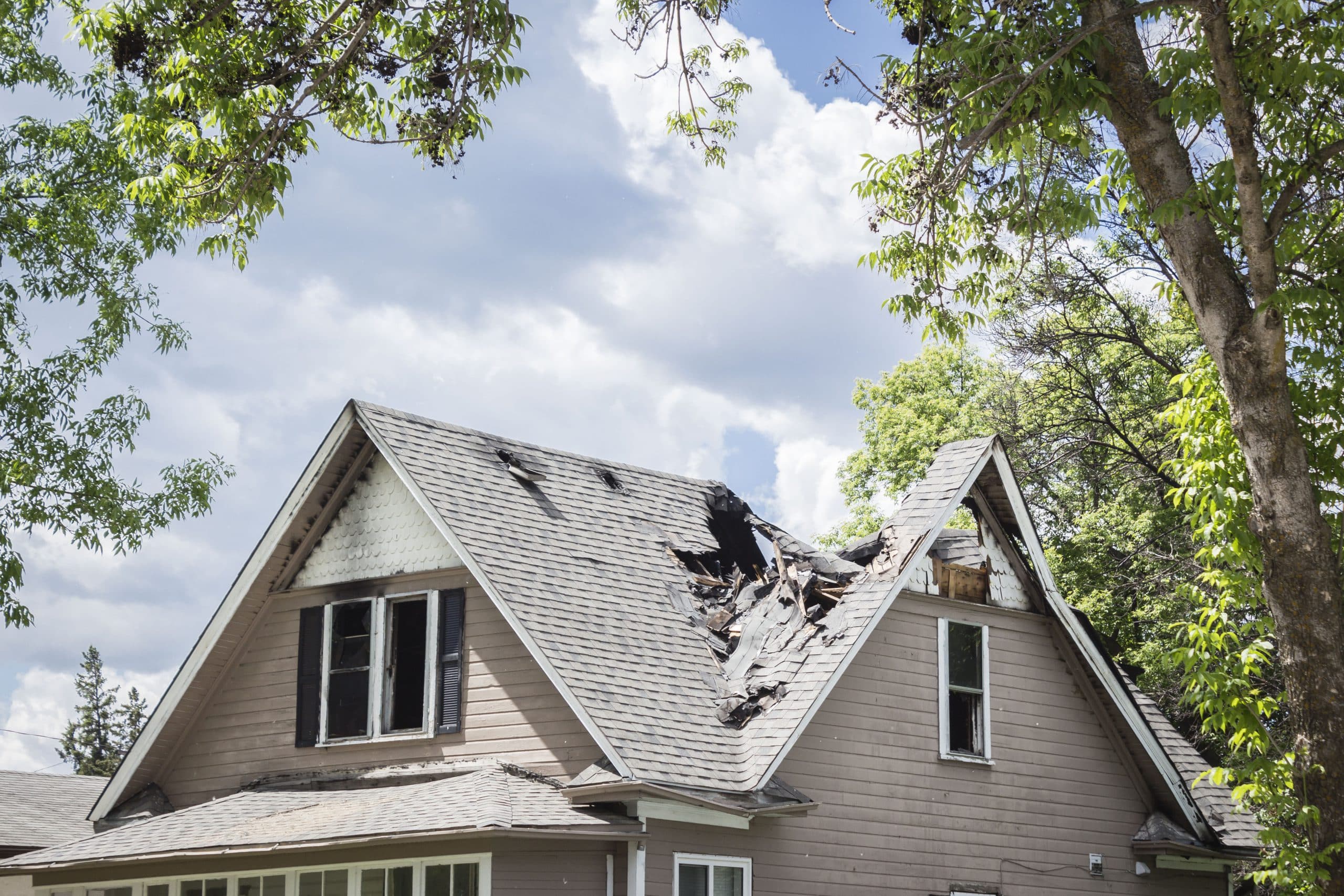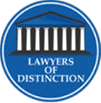Definition of Vicarious Liability
Vicarious liability is a legal concept where a person or organization is held accountable for the wrongful actions of another person, even though that person shares some of the responsibility. Vicarious liability can happen when one party has authority over a third party and fails to adequately supervise or manage them, leading to negligence. In such cases, the party in charge, such as a supervisor, may be held liable for the actions of their subordinates or associates based on their relationship and level of control.
How Does Vicarious Liability Work?
As we just covered, vicarious liability is the indirect legal responsibility imposed on a person or entity for the actions of another person, such as a subordinate or even a child.
Vicarious liability can arise in the workplace, where an employer can be held liable for the illegal actions of their employees. For example, if an employee harasses or discriminates against a co-worker, the employer can be held vicariously liable for such actions.
Similarly, an employer can be held liable if an employee operates machinery or equipment negligently, causing damages to property or personal injury to others. For example, if a construction worker mishandles the controls of a crane, causing it to topple a nearby building’s wall, the company overseeing the construction may face vicarious liability.
The principle of vicarious liability holds an employer responsible for its employee’s actions while on the job since they have the power to prevent and limit any harmful acts that its employees may commit. Therefore, if an employer fails to take adequate steps to prevent or address such actions, they may be held liable for their employee’s actions.
Types of Vicarious Liability
Vicarious liability holds an individual or entity responsible for the actions of another person in various situations, including:
Employer-Employee
Employers can be vicariously liable for the harmful actions of their employees if the employee was on the clock, performing an activity they were hired to perform, and the employer somehow benefited from the activity. For example, if a nurse in a hospital gives the wrong medication to a patient, causing harm, the hospital could be held vicariously liable for the nurse’s actions.
Partnership-Partner
When people form a partnership, each partner acts on behalf of that partnership. The partnership can be held liable if one partner commits a negligent or wrongful act and harms a third party. For example, if two people start a taxi service and one of them causes an accident while picking up a passenger, the partnership can be vicariously liable for any resulting injuries. Seek legal counsel from an Atlanta personal injury attorney.
Parent-Child
Parents can also be held responsible if their minor children injure others, depending on the state laws. For instance, if a child causes a car accident while driving a car with the parent’s permission, the parents could be held vicariously liable for any damages or injuries caused. In this case, the parents may be held responsible for the child’s negligent or reckless driving behavior, even if they were not directly involved in the accident.
Similarly, if a child injures another child while under the supervision of their parents, the parents could be held vicariously liable for the harm caused.
Corporation Directors and Officers
Corporate directors and officers act on behalf of the companies they work for. A corporation can thus be held liable for any torts that are committed by officers or by directors while they are acting for the corporation.
If a corporation’s Chief Financial Officer (CFO) embezzles money from the company and commits fraud, the corporation could be held vicariously liable for the CFO’s actions because the CFO is acting on behalf of the corporation and is in a position of authority within the company. The corporation could be held responsible for the losses resulting from the CFO’s actions, even if it was not directly involved in the fraud or embezzlement. In this scenario, the corporation could be held liable for the CFO’s torts, and the victims could seek compensation from the corporation.
Real-World Example of Vicarious Liability
The Exxon Valdez oil spill in 1989 is a noteworthy case that demonstrates the complexity of vicarious liability.
The Exxon Shipping Co. was held vicariously liable for the series of events that caused the spill, which released around 10.8 million gallons of crude oil into the sea off the coast of Alaska, contaminating the shoreline.
The company was deemed responsible for inadequate supervision of the captain, fatigue among the crew, and poor condition of the radar equipment that could have helped prevent the ship from running aground.
The Exxon Valdez case highlights the importance of holding companies accountable for the actions of their employees, especially when such actions result in harm to people and the environment.
What Are the Differences Between Vicarious Liability and Strict Liability?
Although vicarious liability and strict liability are similar concepts, the two terms have different legal implications.
In a typical personal injury claim, a plaintiff must prove that the defendant owed a duty of care, breached that duty, and caused harm to the plaintiff. However, the plaintiff does not need to prove negligence in strict liability cases, which holds defendants accountable for damages, regardless of whether they were negligent or acted intentionally.
For instance, if a driver is caught speeding, they are held strictly liable for breaking the law, even if they didn’t intend to speed. The law imposes strict liability on anyone who excessively exceeds the speed limit while driving.
On the other hand, vicarious liability is a type of strict liability that holds a third party responsible for the actions of another person, such as an employee. The employer can be held vicariously liable for the actions of their employees, even if the employer itself did nothing negligent. If a server in a restaurant spills hot coffee on a customer and burns them, the restaurant can be held vicariously liable for the server’s actions since the restaurant is in control of the server and responsible for their actions while on the job.
How Can Spaulding Injury Law Help?
If you or a loved one has suffered harm due to the actions of another person or entity, Spaulding Injury Law can help you seek justice and compensation for the harm you have endured.
Our experienced attorneys will work to investigate the circumstances surrounding your injury, identify all potentially liable parties, and pursue maximum compensation on your behalf.Don’t wait to seek the legal representation you deserve. Contact Spaulding Injury Law today to schedule a free consultation and take the first step toward securing the justice and compensation you need to move forward.

When you become our client at Spaulding Injury Law, you’ll be represented by a thoroughly experienced Atlanta personal injury attorney like Theodore A. Spaulding. For over 15 years, Mr. Spaulding has helped victims of negligence across the state of Georgia resolve personal injury cases, and he’s received a remarkable number of awards and honors from the legal community recognizing his commitment to clients and to the metro-Atlanta area.
Mr. Spaulding has been named one of the Top 100 trial lawyers in Georgia by the National Trial Lawyers for six successive years.
He is honored as a lifetime member of the Million Dollar Advocates Forum ® by the Top Trial Lawyers in America ®.
Charter Member of the Distinguished Justice Advocates.
Member of the Atlanta Bar Association.




















